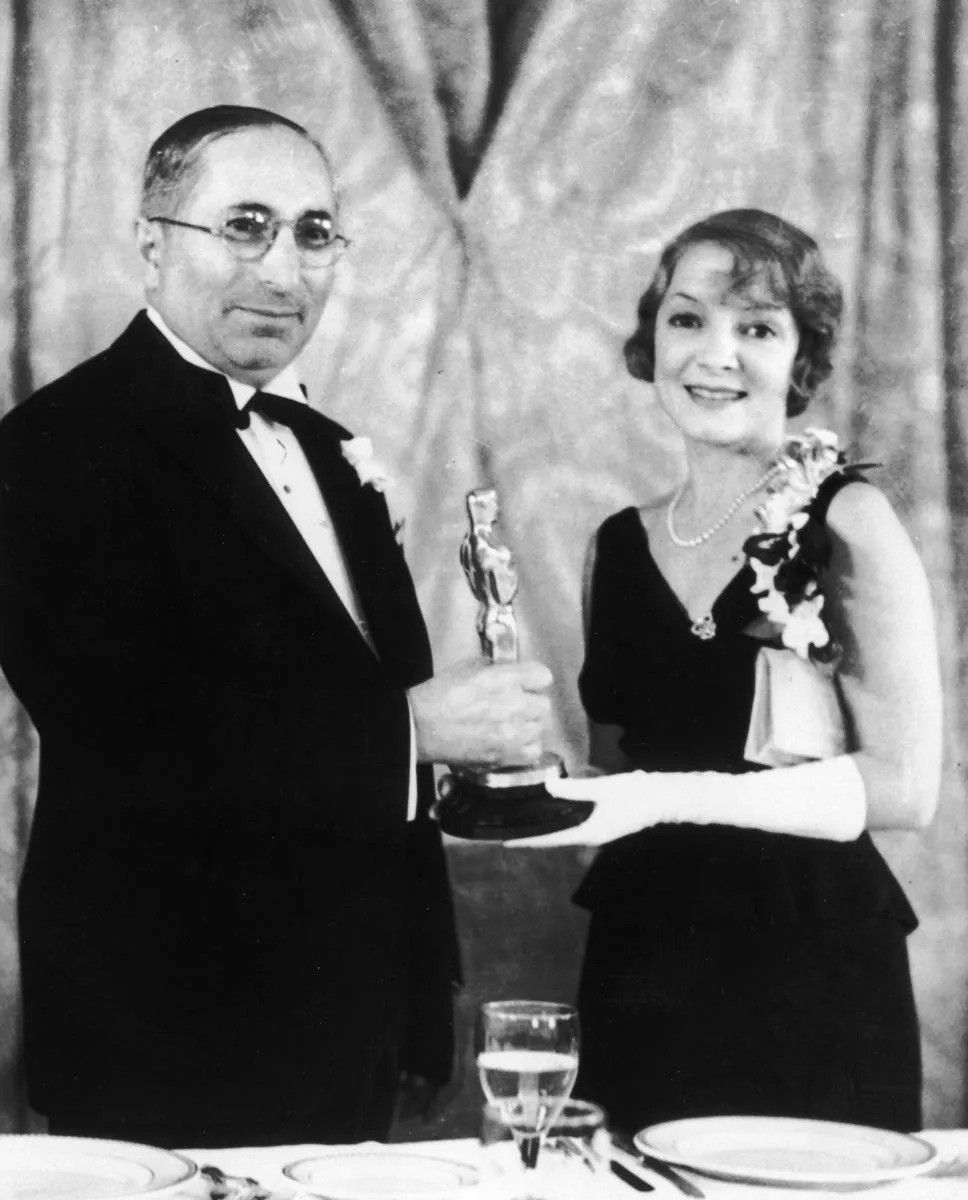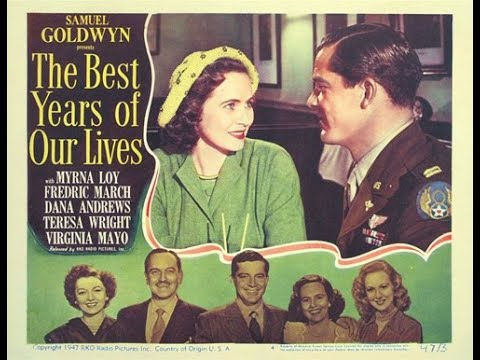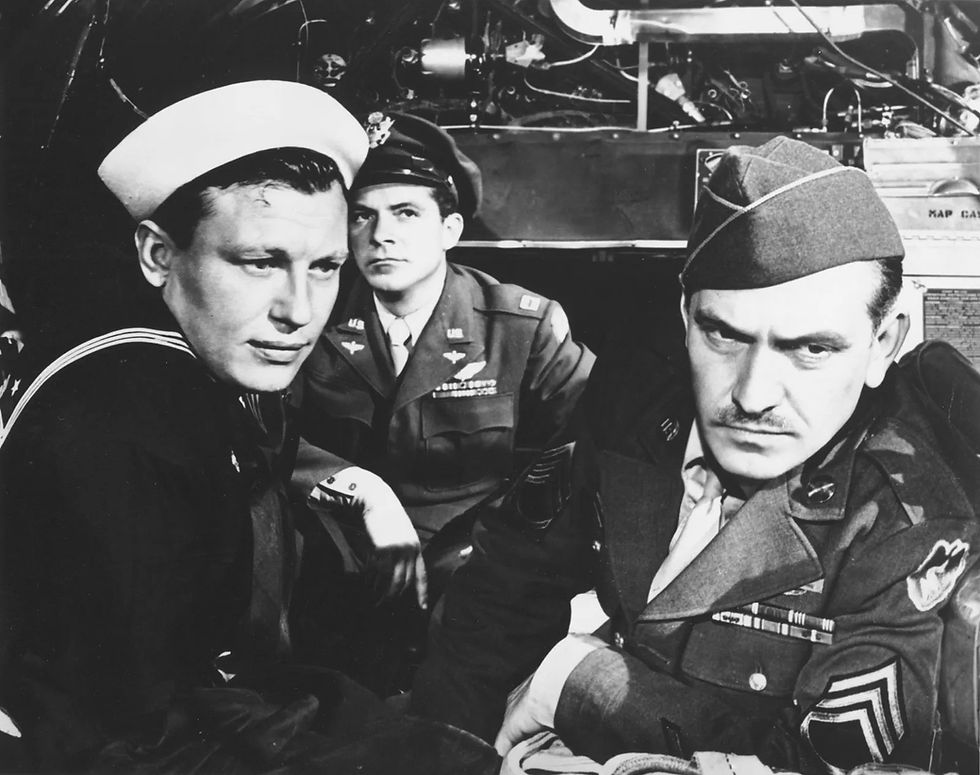Oscar Shockers 1946 (Part One)
- Aug 15, 2025
- 3 min read
Ever since MGM studio chief Louis B. Mayer established the Academy of Motion Picture Arts and Sciences in 1927, fans and show biz insiders alike have bickered over the Oscars. Initially, Mayer created the prizes not out of the goodness of his heart or to elevate the art form. He admitted, “I found that the best way to handle [filmmakers] was to hang medals all over them. If I got them awards, they’d kill themselves to produce what I wanted.”

In other words: Money.
That’s why I’ve often questioned the Oscar results. It’s not unusual for actors to win the year after they deserved to win: James Stewart’s 1939 loss for Mr. Smith Goes to Washington was rectified in 1940 when he took home the hardware for The Philadelphia Story. (I mean, Jimmy didn’t even vote for himself because he believed Henry Fonda deserved the honor for The Grapes of Wrath, which he did)!
Some performers are nominated repeatedly (six times for Best Supporting Actress in Thelma Ritter’s case), yet come up empty. Others (legends like Barbara Stanwyck, Cary Grant and Alfred Hitchcock) are nominated, win-less, and must settle for honorary Oscars late in their careers.
In Part One of this two-part post, I turn my focus – and righteous indignation – to the year 1946. That was when a pair of great actors were, in my opinion, unfairly snubbed by the Oscars.
First up: Dana Andrews for The Best Years of Our Lives.

William Wyler’s post-war classic is among my all-time favorites and widely hailed as a masterpiece. Louis Mayer surely was jealous that it was the highest-grossing film since Gone With the Wind and one of the decade’s biggest blockbusters. Best Years earned its popularity and the seven Academy Awards it was given.
I just think Dana should have been one of the recipients. Instead, he wasn’t even nominated for his indelible performance as returning veteran Fred Derry. I’m not alone. At the time, someone put an ad in Variety that read: “I’d like you to watch The Best Years of Our Lives and tell me what Dana Andrews has to do to win an Academy Award.” In other words: Robbed.
The problem with being one of Hollywood’s most underrated actors is that Dana made it look easy. Yet his role in Best Years demanded a skillful, nuanced portrayal. Fred is a war hero who can’t find a job. The wife he impulsively married after boot camp calls him a loser. He’s drawn to another woman (Teresa Wright), yet loves her enough to let her go. And have I mentioned that Fred is also battle-scarred by PTSD?
Had Dana been nominated as Best Actor, he might have cancelled out his co-star Fredric March’s win. Yes, March’s performance is strong, but hardly exceptional, and imho, not Oscar-worthy. Dana’s only serious competition would have been James Stewart for It’s a Wonderful Life. However, the “meh” box-office return for Jimmy’s film – and Best Years’ Oscar momentum – made it tough for Jimmy to prevail, which could have cleared the path for Dana.

Had Dana been nominated as Best Supporting Actor, he would have faced stiff competition from Claude Rains (Notorious – more on that in Part Two of this post), but not much from Charles Coburn (The Green Years), William Demarest (The Jolson Story) or Clifton Webb (The Razor’s Edge) – who in another case of Oscar thievery, was denied the gold two years earlier for his smashing debut in Laura.









Great read as always